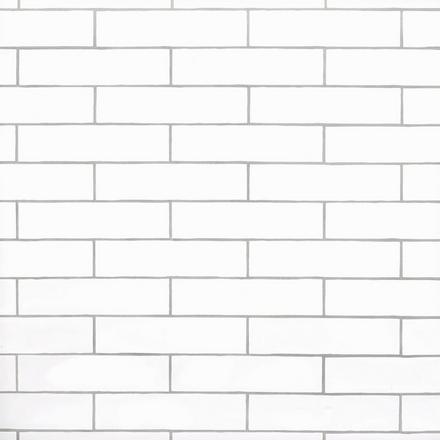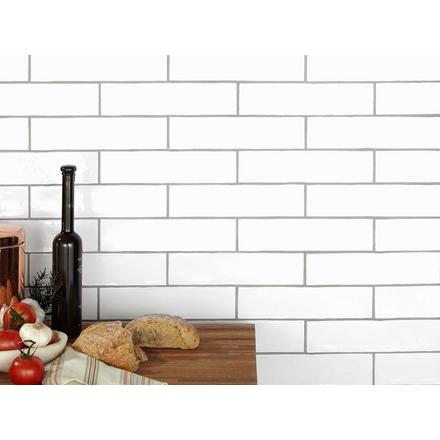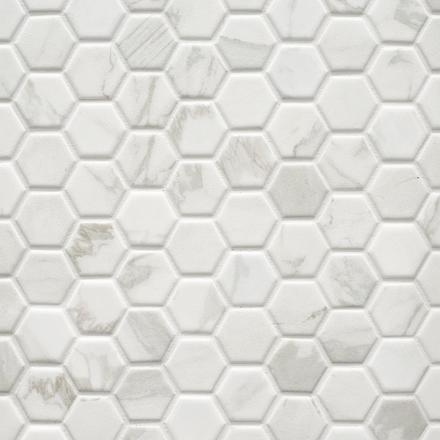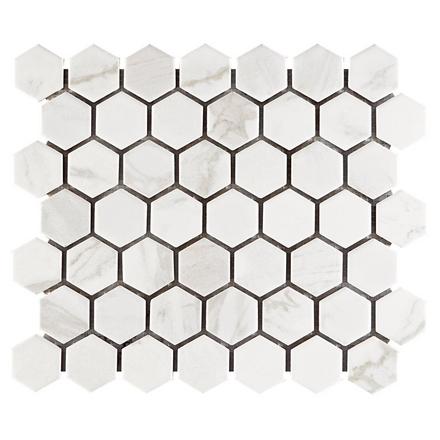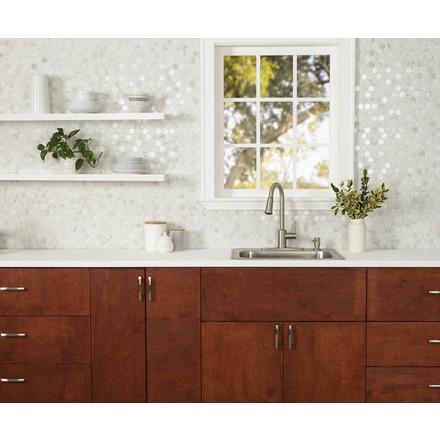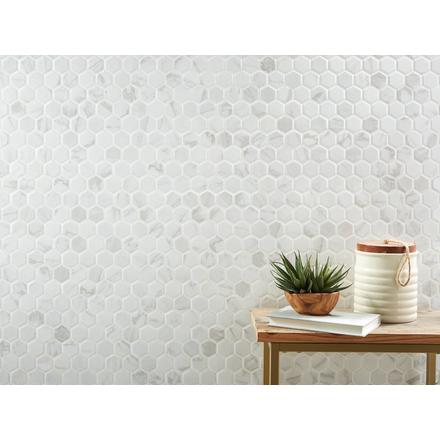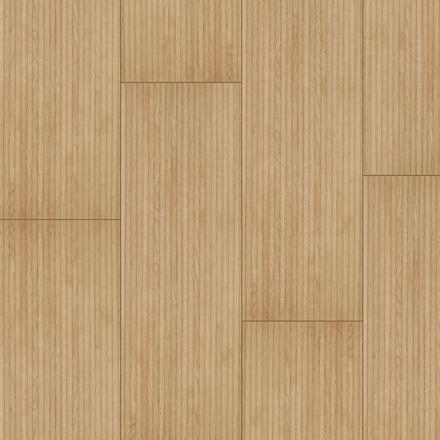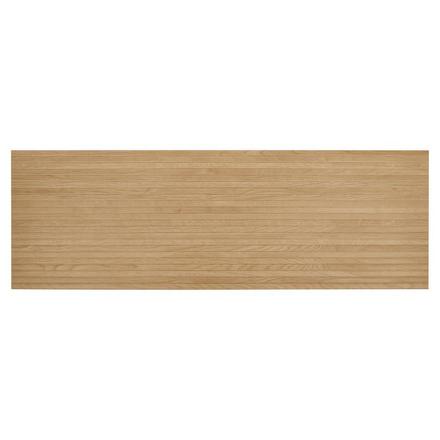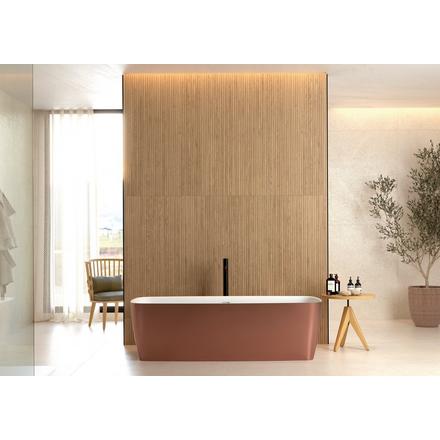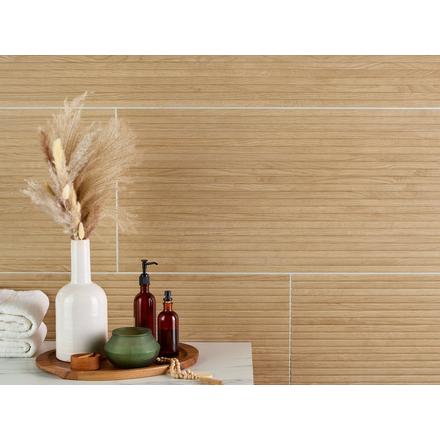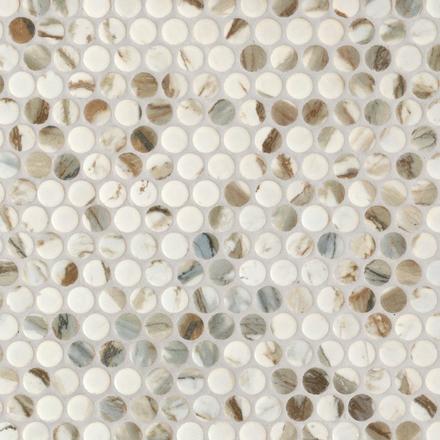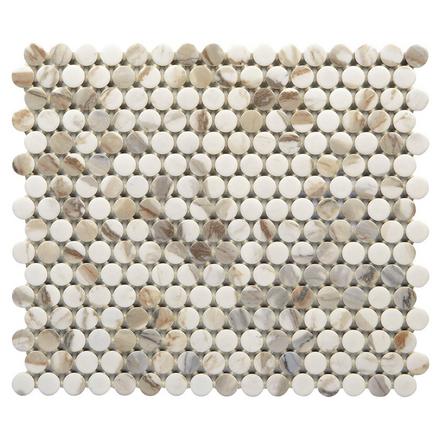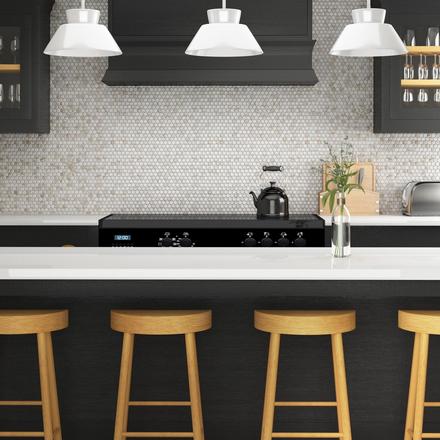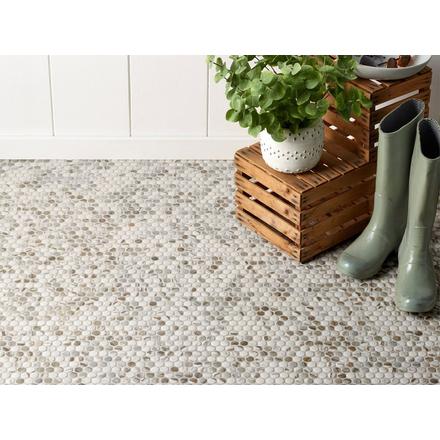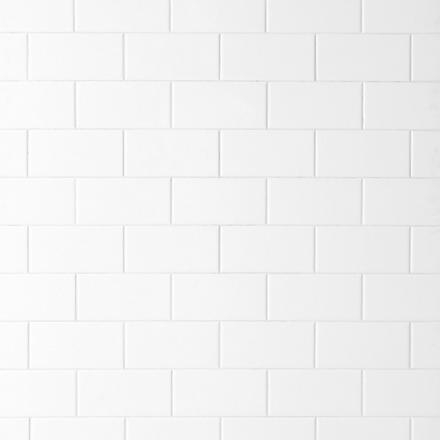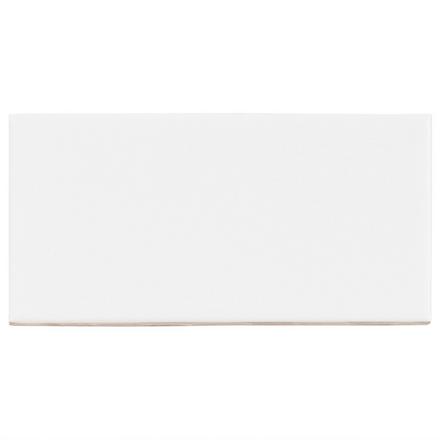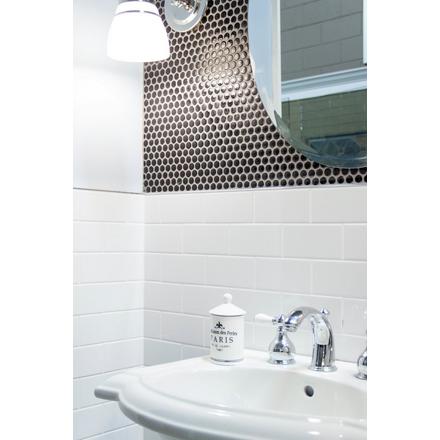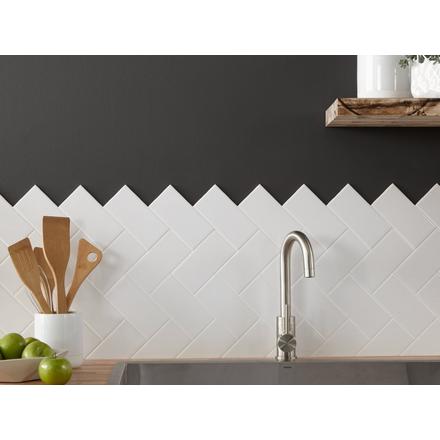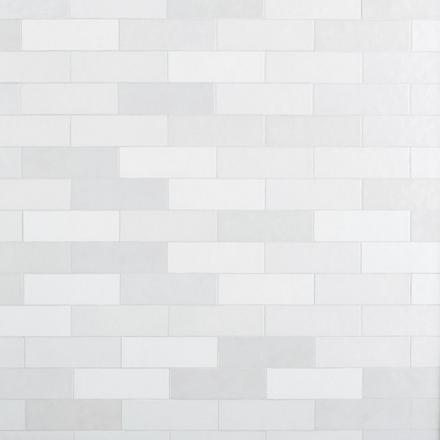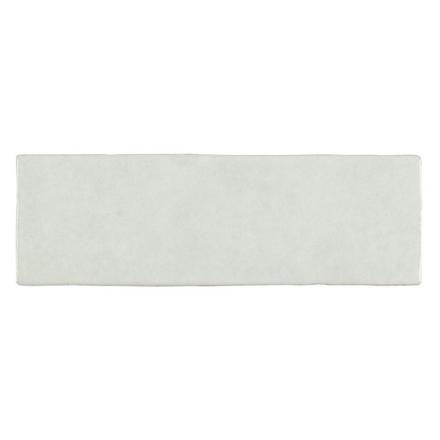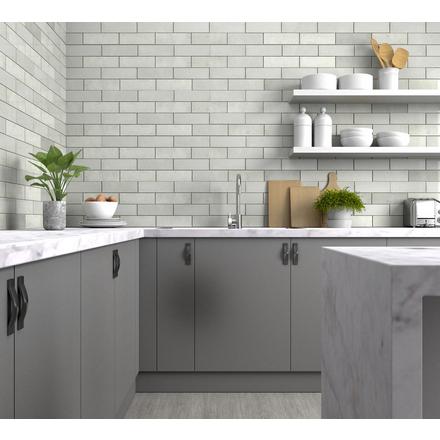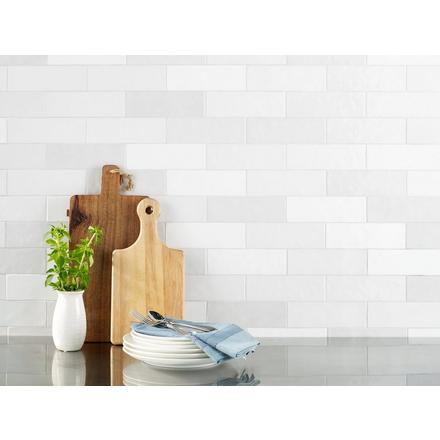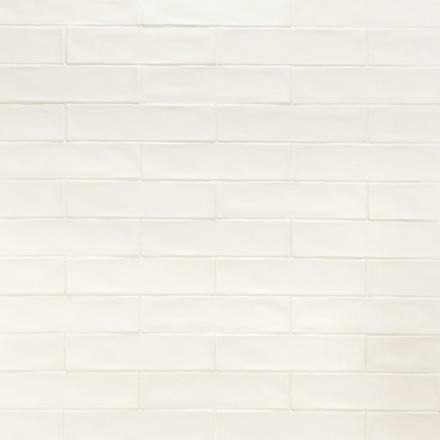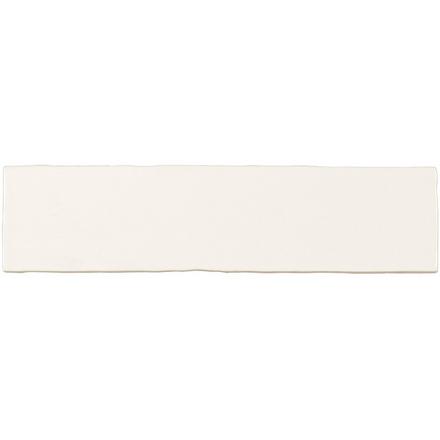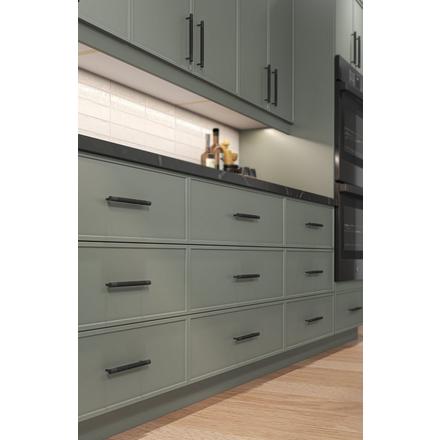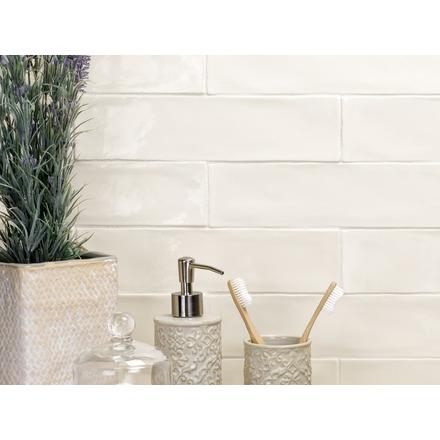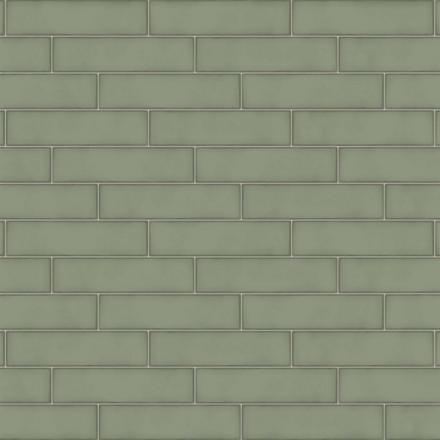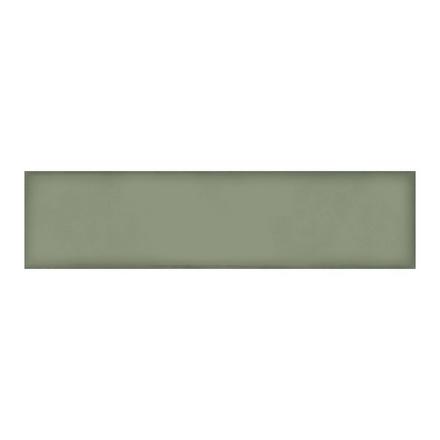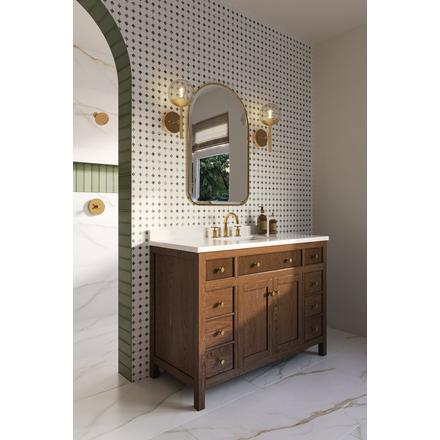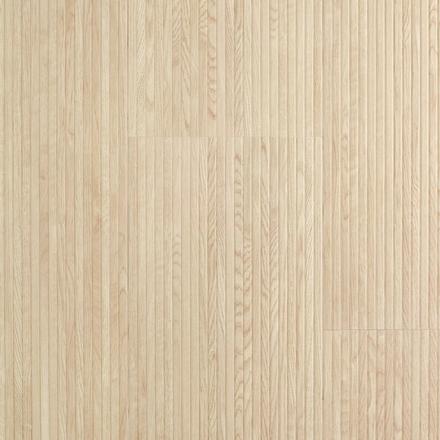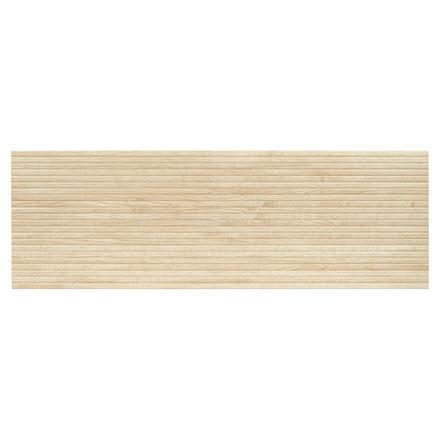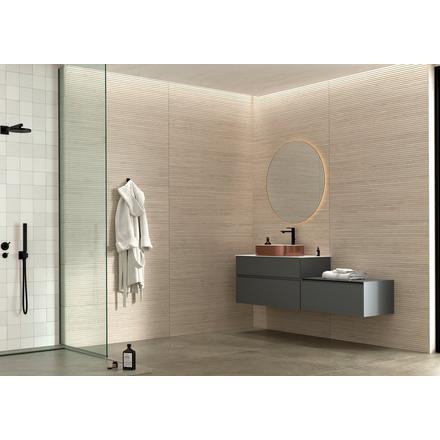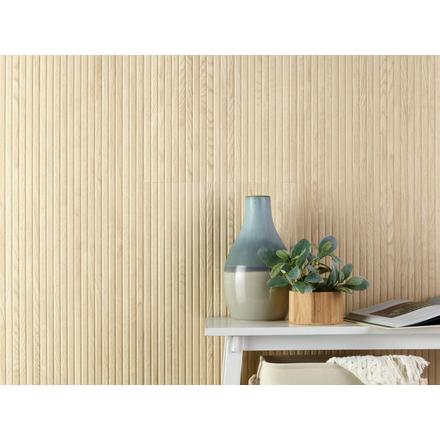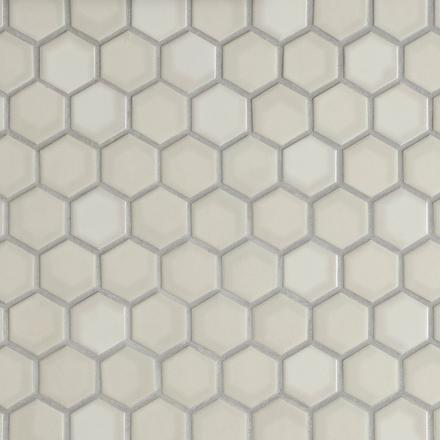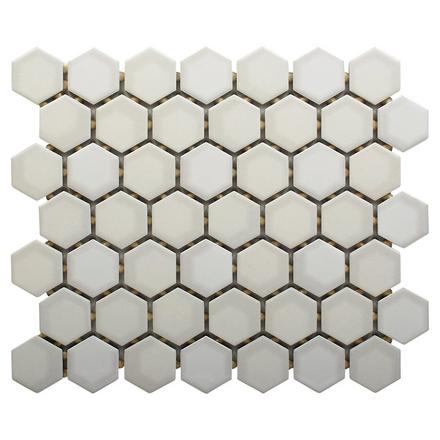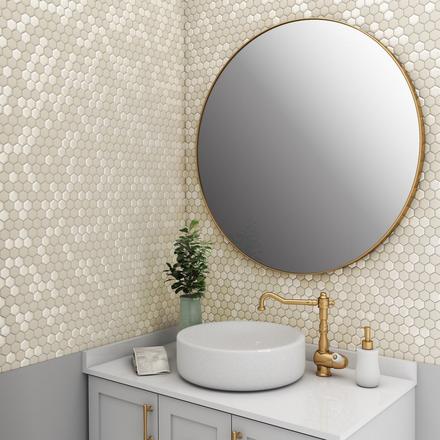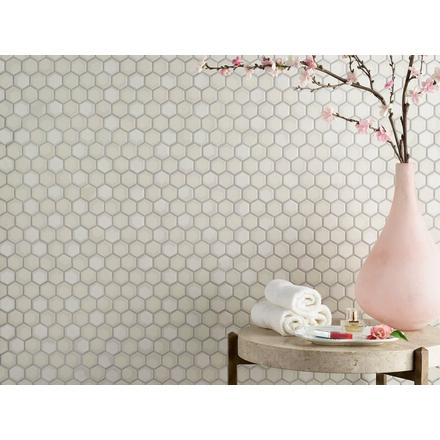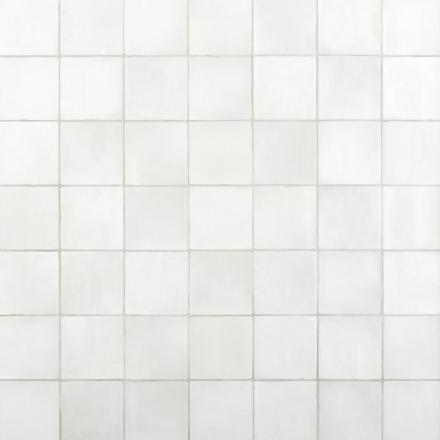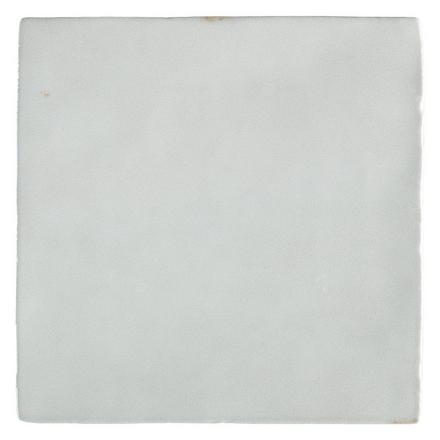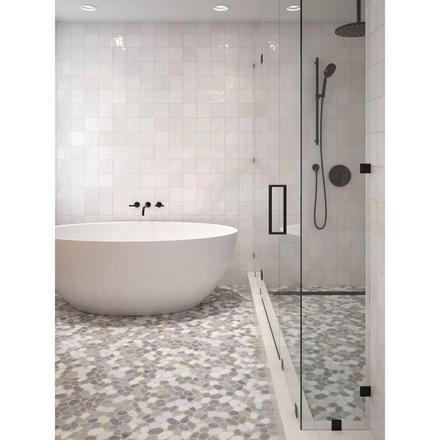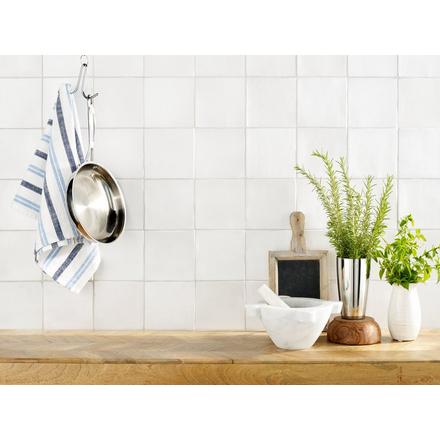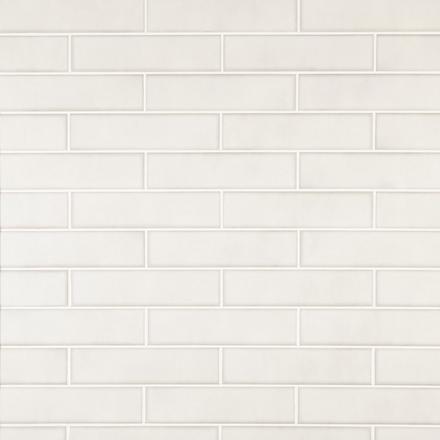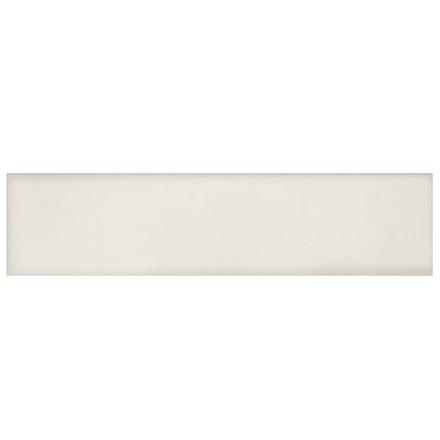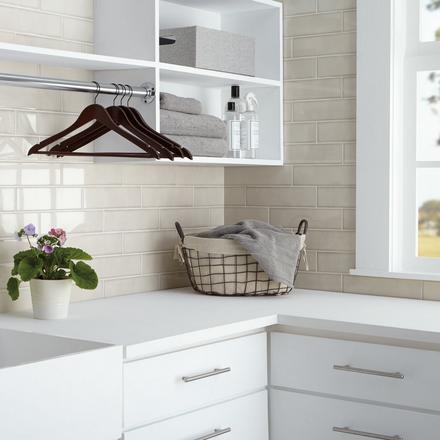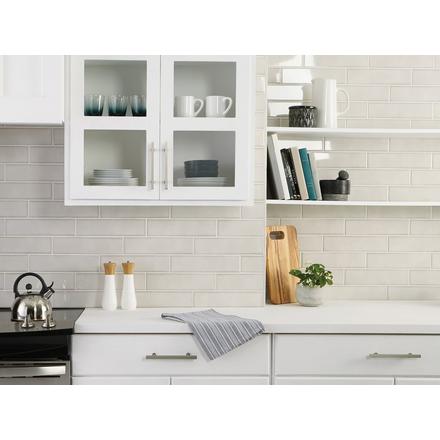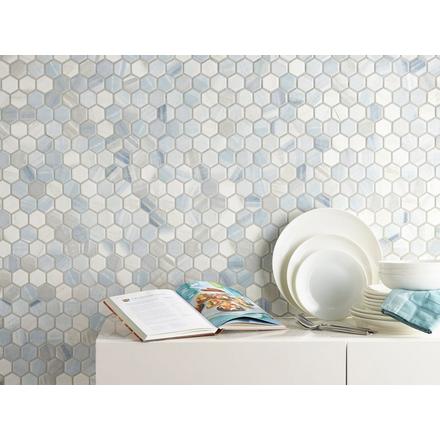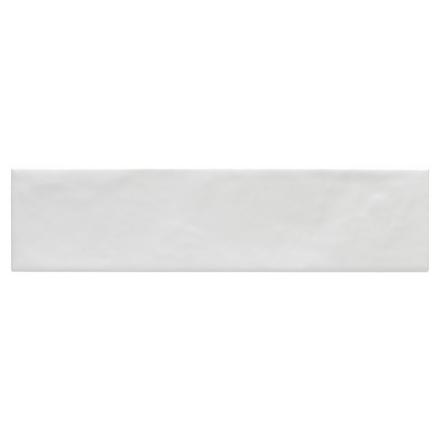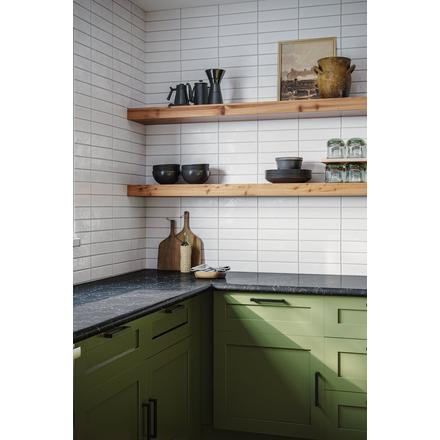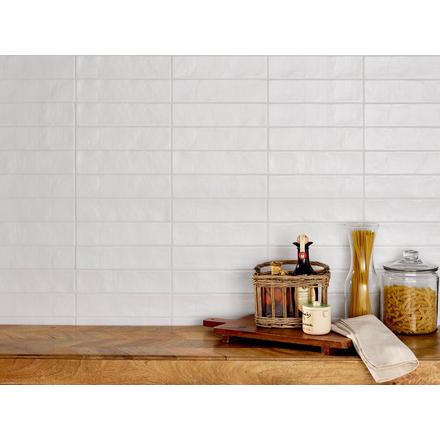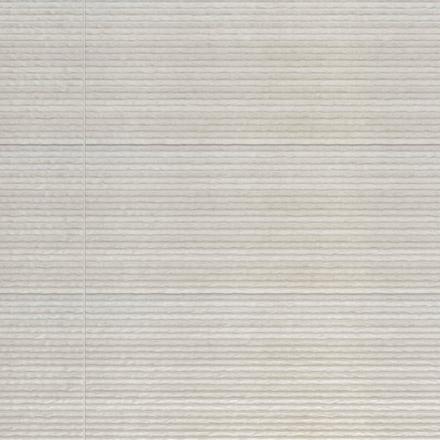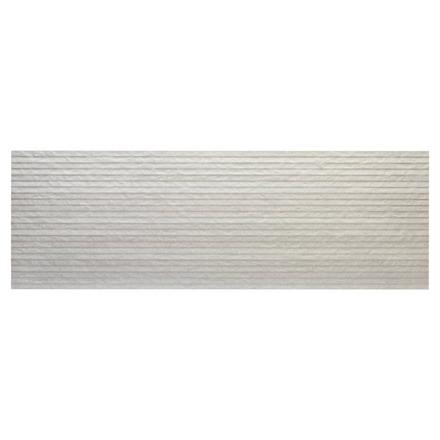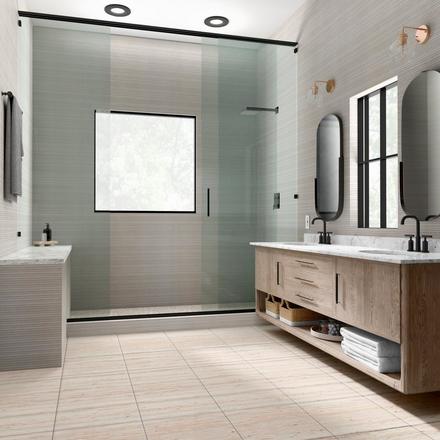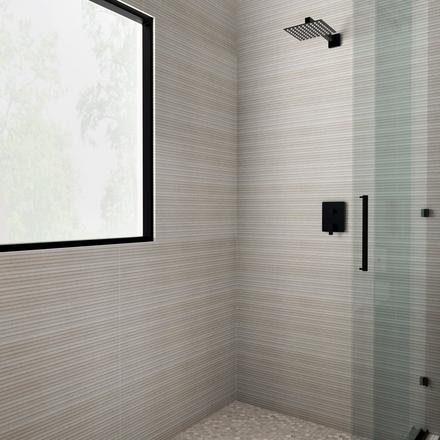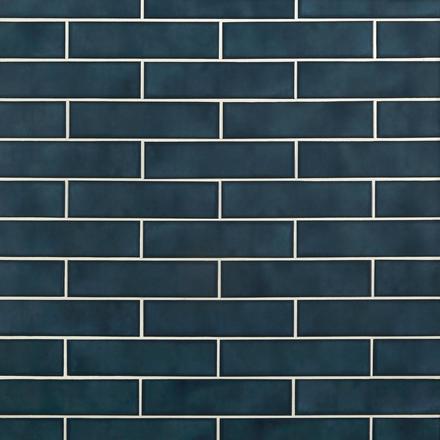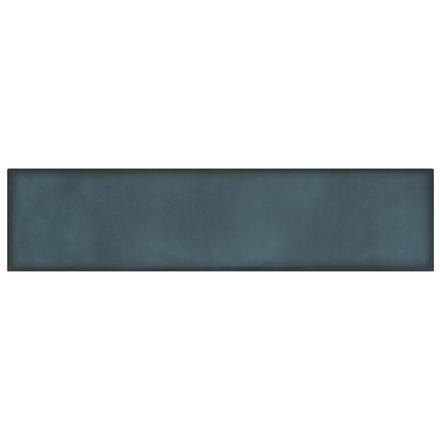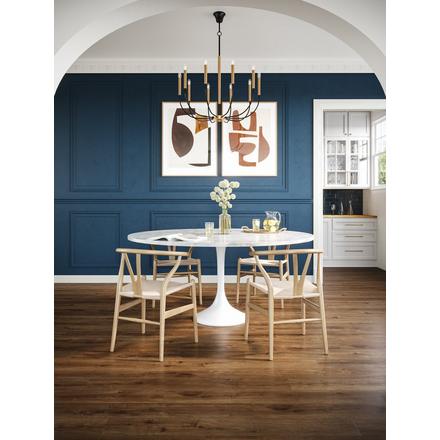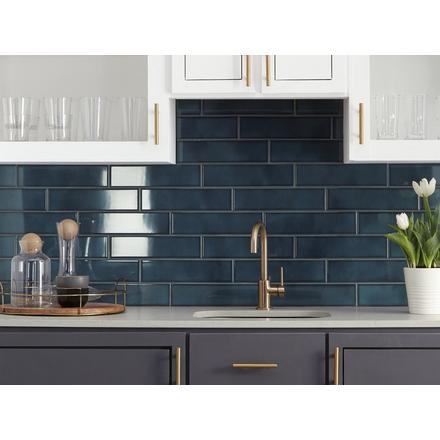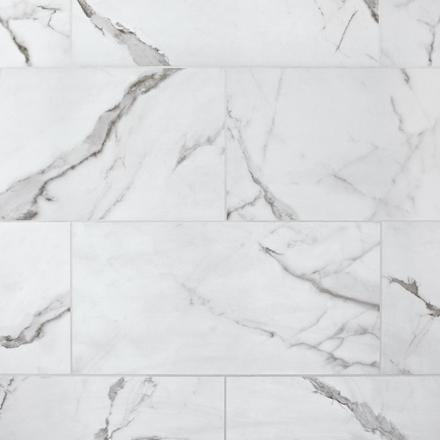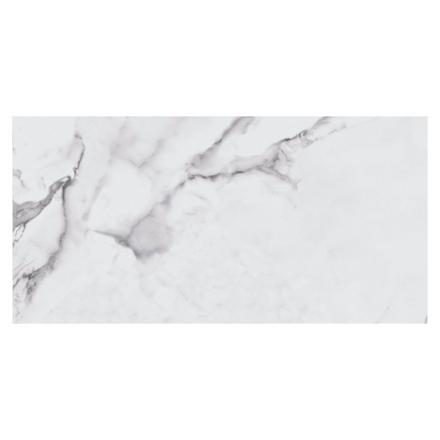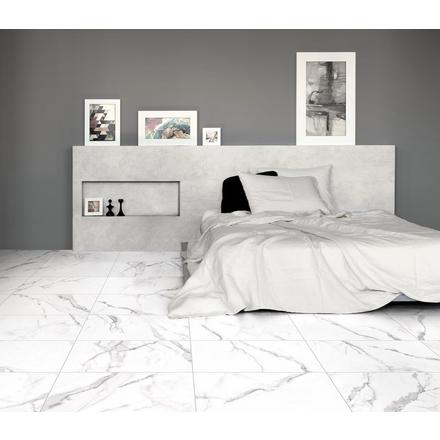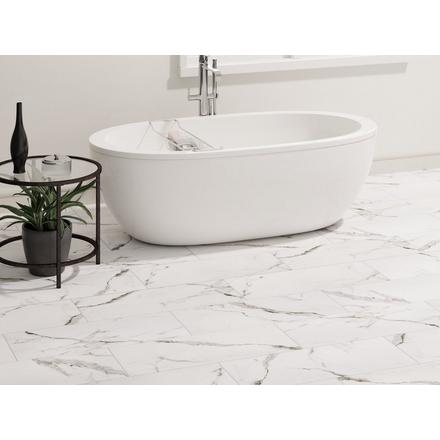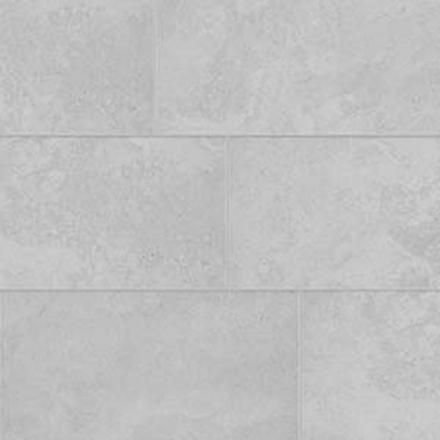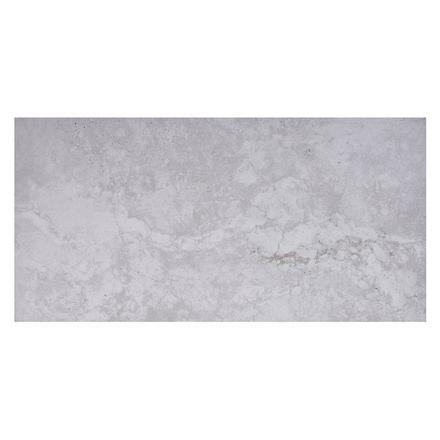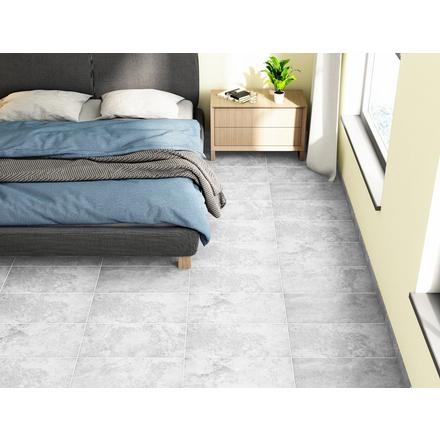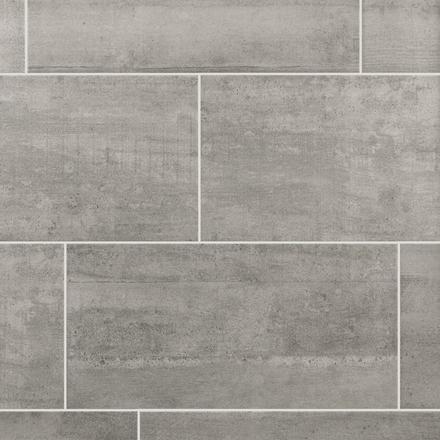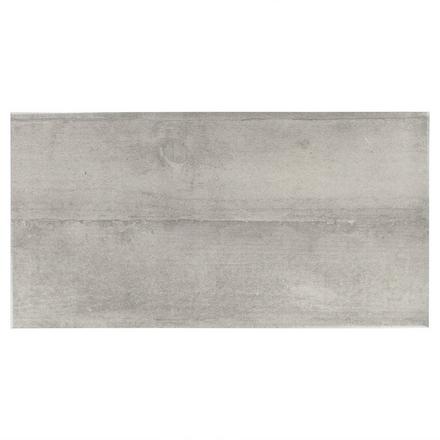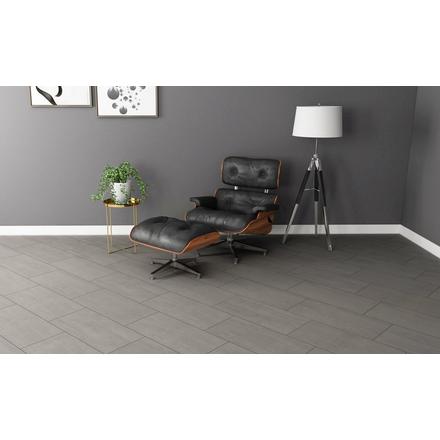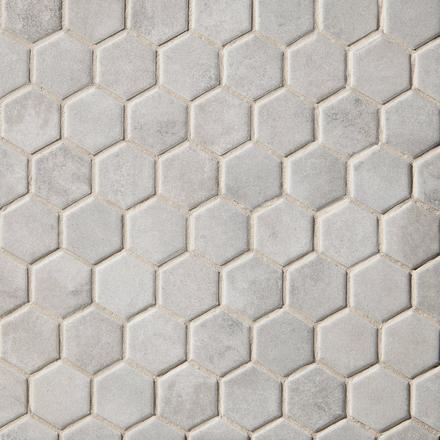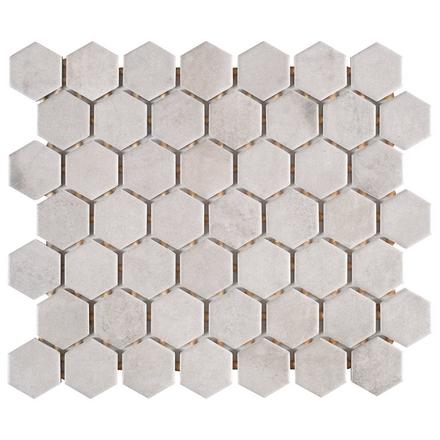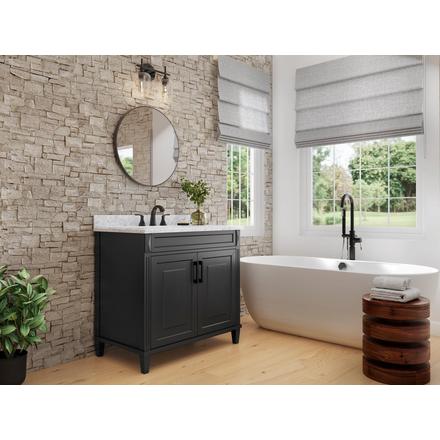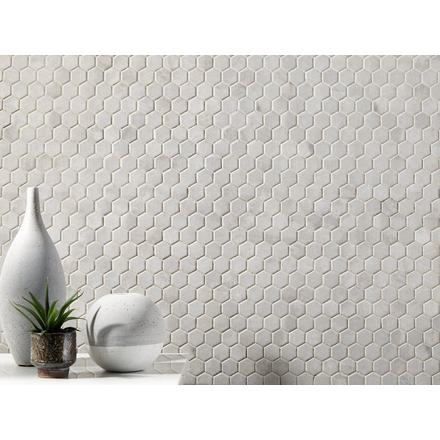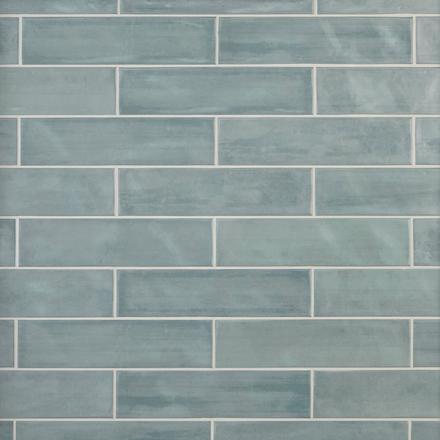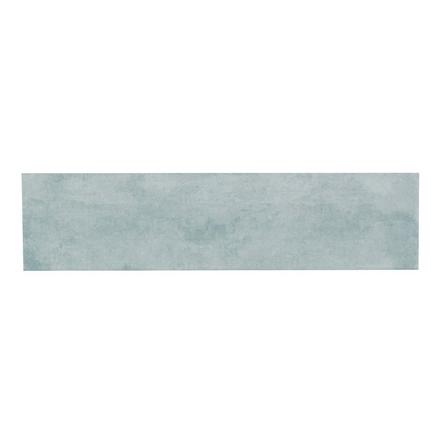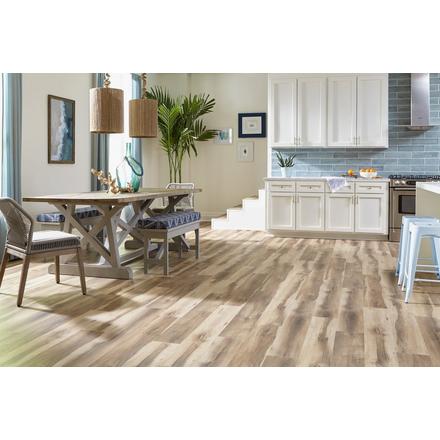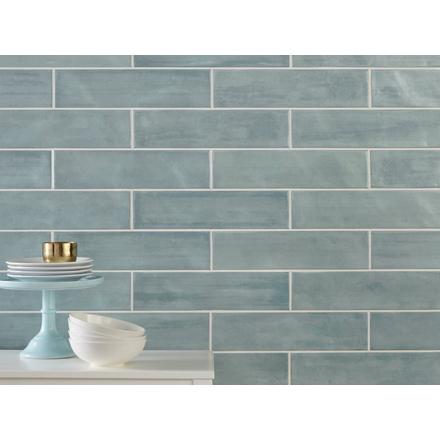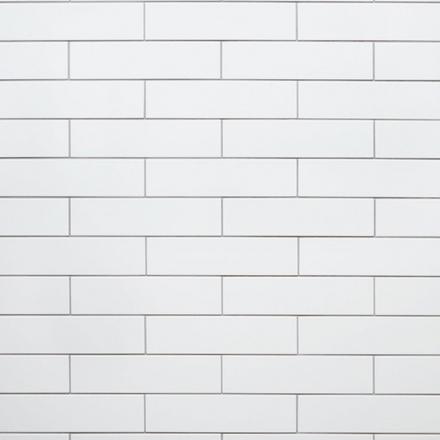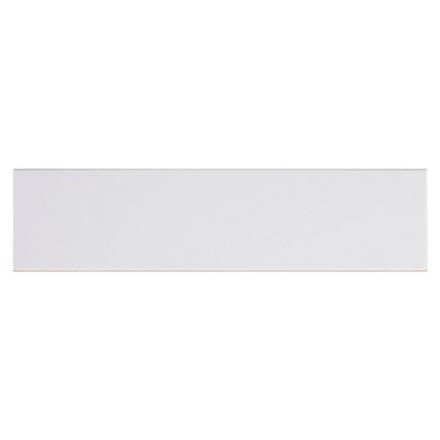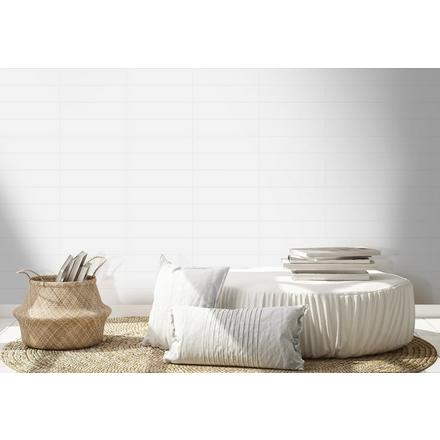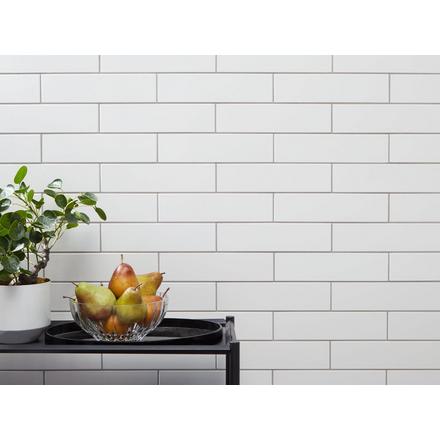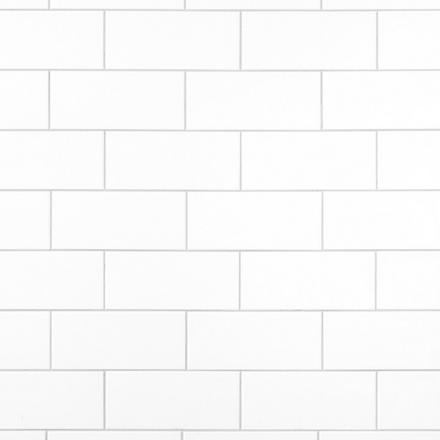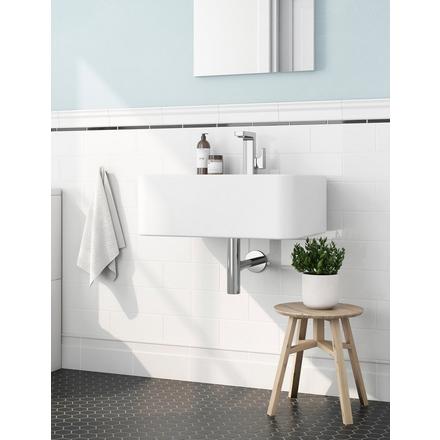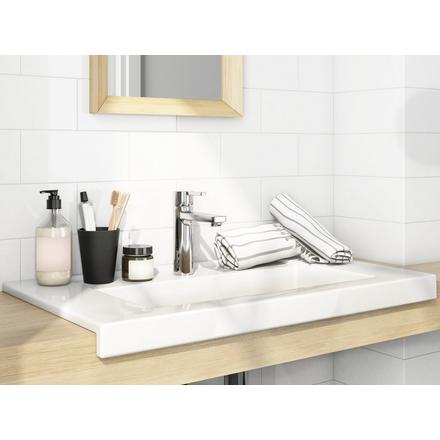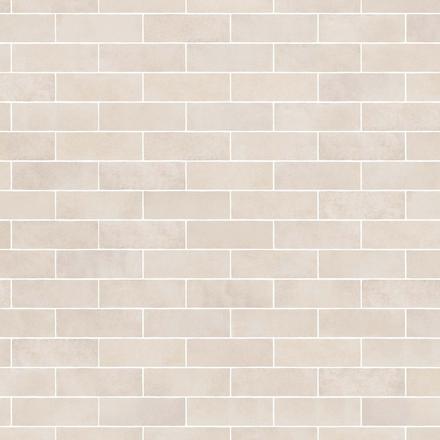
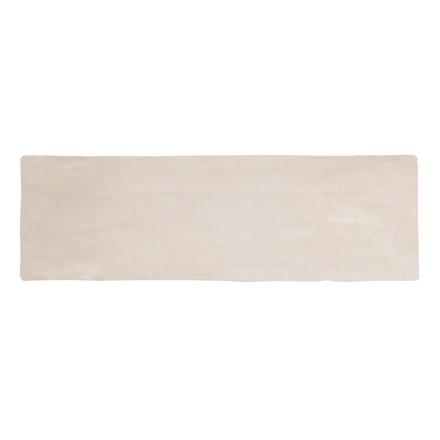
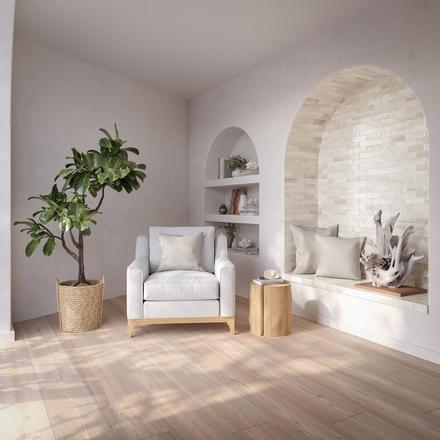
Ceramic tile is a versatile and practical choice for both residential and commercial spaces. Ideal for walls, backsplashes, countertops, and floors in areas such as kitchens, bathrooms, and living rooms, ceramic tiles are easy to install and maintain. Their water-resistant properties make them especially suitable for moisture-prone areas, while their variety of sizes, colors, and finishes provides endless design possibilities to complement any décor style.
Current trends in ceramic tile emphasize natural textures and muted, earthy tones that create a warm and inviting atmosphere. Popular styles include wood-look ceramics that mimic hardwood flooring, large-format tiles for a seamless look, and patterned designs that add a unique flair to walls and floors. Matte finishes and subway tile patterns continue to remain popular, lending a modern yet timeless appeal to any space.
Related tile options that align with these trends include porcelain tile, which offers similar aesthetic versatility but with enhanced density and water resistance, making it ideal for high-traffic areas. Glass tile adds a sleek, reflective quality perfect for backsplashes and accent walls, while resin tile introduces a contemporary, customizable option often used for statement pieces. Quarry tile offers a rustic, durable finish, suited for outdoor applications and commercial settings that require toughness along with style.
At Floor & Decor, we pride ourselves on providing unbeatable prices on ceramic tile without compromising quality. Our extensive selection ensures you can find the perfect tile to suit your project and budget. With frequent promotions and everyday low prices, you get the best value so you can complete your renovation or new build with confidence and savings.
Ceramic tile is highly durable, resistant to scratches, stains, and moisture, which makes it an excellent long-term investment for your home or business. Unlike other flooring options, ceramic tiles maintain their appearance over time with minimal upkeep, requiring only regular cleaning. Their toughness makes them suitable for areas with heavy foot traffic, ensuring your floors and walls stay beautiful and functional for years to come.
Ceramic tile is made from natural clay that's shaped and fired in a kiln, often finished with a durable glaze that provides color and water resistance. It's widely used for both wall and floor installations in homes and commercial spaces. Ceramic tiles come in various sizes, colors, and finishes, making them incredibly versatile for design. They are a budget-friendly option that balances aesthetic appeal with ease of maintenance, and they're especially popular for bathrooms, kitchens, and backsplashes.
The average life expectancy of ceramic tile is roughly 75 to 100 years! You’re certain to get your money’s worth when choosing ceramic tile.
Ceramic tile flooring is quite resistant to physical damage, however, cracking and chipping may occur due to improper installation or issues with the underlayment.
Ceramic tile is considered waterproof. It does a good job in keeping moisture out especially when paired with wet-proof grout. However, ceramic tile is not recommended for outdoor use as it can be susceptible to the cold which may cause it to crack.
Ceramic floors are easily cleaned with warm water and a little dish soap. Use an old toothbrush or any brush you don’t mind getting dirty to clean the grout. Change water frequently to avoid washing with dirty water. Make sure to dry the tile thoroughly before finishing to ensure little to no moisture seeps into the tile.
While ceramic tiles are cost-effective and versatile, they can be more prone to chipping and cracking under heavy impact compared to harder materials like porcelain. They are typically more porous, which can make them less resistant to moisture and stains unless glazed or sealed properly. In colder climates, some types of ceramic tile may not be suitable for outdoor use due to their tendency to absorb water and crack during freeze-thaw cycles. Additionally, ceramic can feel hard and cold underfoot without radiant heating.
Porcelain tile is generally considered more durable, dense, and water-resistant than ceramic, making it a better choice for high-traffic or wet areas like bathrooms and kitchens. Ceramic tile, however, is easier to cut and usually more budget-friendly, making it popular for DIY installations. While both offer great style options, porcelain is ideal for floors or outdoor use, while ceramic is often used on walls or in lighter-use interior spaces. Choosing between them depends on your specific project needs and budget.
Yes, ceramic tile is typically among the most affordable tile options available. Its widespread availability, cost-effective manufacturing process, and range of styles make it a go-to choice for homeowners working within a budget. While prices vary based on size, design, and finish, ceramic tile offers good value for its durability and ease of maintenance. It’s also DIY-friendly, potentially saving on labor costs. For those seeking a stylish yet economical flooring or wall solution, ceramic remains a top contender.
Some ceramic tiles are rated for outdoor use, but they must be specifically labeled as frost-resistant and durable enough to withstand the elements. Generally, porcelain is the preferred tile for outdoor spaces due to its denser composition and lower water absorption. If using ceramic tile outside, make sure to check the manufacturer's specifications to confirm it's suitable for exterior environments. Proper installation, including the use of the right adhesives and grouts, is also crucial to prevent cracking and moisture damage.
